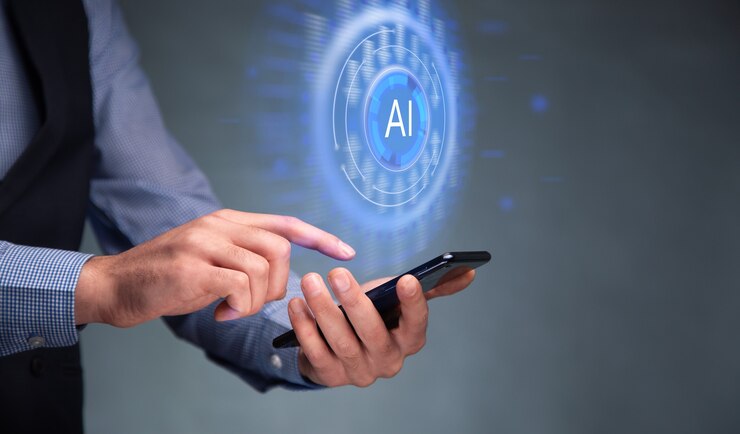Introduction to AI in Business
As artificial intelligence (AI) technology continues to evolve, businesses are finding more and more ways to incorporate it into their operations. From chatbots and virtual customer assistants to predictive analytics and supply chain management, AI is being used in a variety of ways to improve efficiency, cut costs, and boost sales.
In this article, we’ll take a look at some of the most common applications of AI in business today. We’ll also explore the potential benefits and challenges of using AI in your business. So if you’re curious about how AI can be used in your business, read on!
Chatbots
In recent years, artificial intelligence (AI) has begun to revolutionize the business world. One area where AI is having a major impact is in the realm of customer service and support. Chatbots are one example of how AI is being used to improve the customer experience.
Chatbots are computer programs that simulate human conversation. They can be used to provide customer support, perform transactions, or even just to engage in small talk. Many businesses are using chatbots to provide 24/7 support to their customers.
One advantage of chatbots is that they can scale to meet the needs of a large number of customers without requiring a lot of manpower. They can also work across multiple channels, such as text, email, and social media.
Another advantage of chatbots is that they can be customized to meet the specific needs of a business. For example, a chatbot could be designed to help customers book appointments or make purchases on a company’s website.
There are many different applications for chatbots, and businesses are just beginning to scratch the surface of what’s possible. In the future, we can expect chatbots to become even more sophisticated and ubiquitous
Predictive Analytics
Predictive analytics is a field of artificial intelligence that deals with making predictions about future events. This can be done using a variety of techniques, including machine learning, statistical modeling, and data mining.
Predictions made by predictive analytics can be used to help businesses make better decisions about a wide range of issues, including marketing, sales, product development, and customer service. In many cases, predictive analytics can provide insights that would not be possible to obtain through traditional methods of analysis.
There are a number of different applications for predictive analytics in business. For example, it can be used to identify potential customers who are most likely to respond to a particular marketing campaign. It can also be used to predict which products are most likely to sell well in the future, or to identify trends in customer behavior that could lead to increased sales.
Predictive analytics can also be used to improve the accuracy of forecasting models. For example, if a company wants to forecast demand for its products over the next year, it can use predictive analytics to create a model that takes into account historical data on sales and other factors that might affect demand. This type of forecasting can be extremely helpful in planning production levels and stocking inventory.
Predictive analytics is just one application of artificial intelligence in business. Other applications include chatbots (virtual assistants that use artificial intelligence to simulate human conversation), natural language processing (which allows computers to understand human language), and image recognition (which allows computers to
Other Applications of AI in Business
In addition to the applications of AI in business mentioned above, there are many other potential uses for this technology. For example, AI can be used to help businesses automate tasks, such as customer service or accounting. It can also be used to create more personalized experiences for customers, such as providing them with recommendations based on their past behavior. Additionally, AI can be used to improve decision-making processes within a company by providing employees with access to data and analytics that they otherwise would not have.
Conclusion
AI is shaping the way businesses interact with customers and improve their internal operations. From chatbots that provide customer service to predictive analytics that help make long-term strategic decisions, there are myriad ways for businesses to integrate AI into almost every aspect of their business. This article has explored some of these applications and how they can be used to gain a competitive edge in today’s market. With continued advancements in AI technology, we can only expect the use cases for this powerful tool to expand as businesses strive for better performance.









